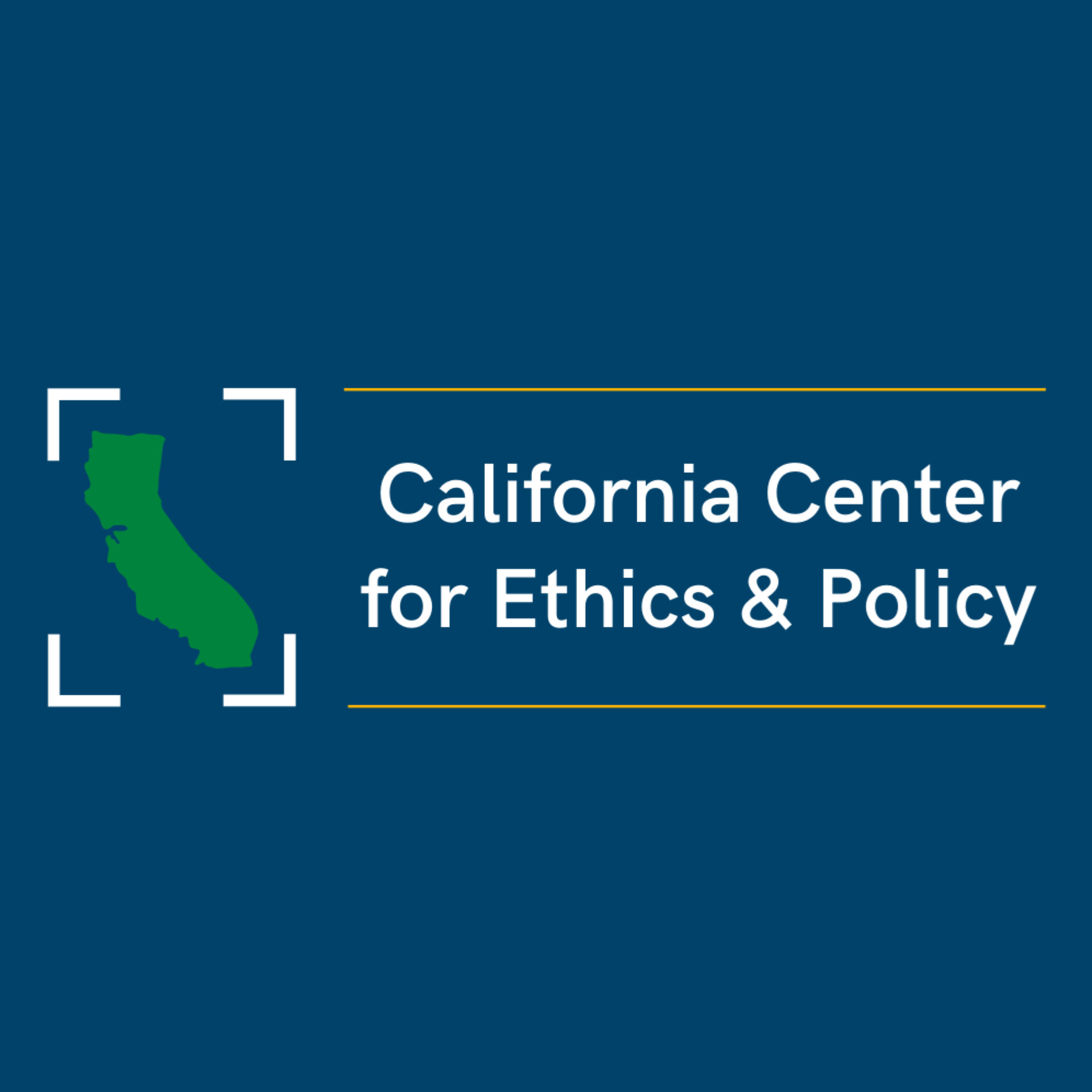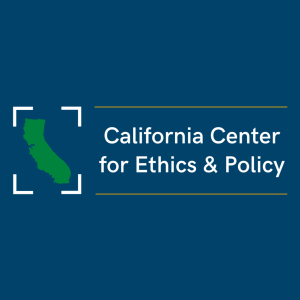

3.3K
Downloads
31
Episodes
Established in 2018 at Cal Poly Pomona, the California Center for Ethics and Policy (CCEP) investigates pressing national and global challenges—such as climate policy, healthcare, artificial intelligence, immigration, and racism—through a Californian lens. This podcast series examines housing insecurity, and in doing so brings together students, artists, philosophers, and advocates to debate, tell stories, and share ideas.
Episodes

Monday Nov 04, 2024
Monday Nov 04, 2024
Welcome to the Multiverse of Misinformation, a podcast about misinformation and the way it affects the many facets of our life, produced by the California Center for Ethics and Policy--or “CCEP” --at Cal Poly Pomona and generously supported by the Cal Poly Pomona Special Projects for Improving the Classroom Experience grant program.
This season, we will explore the many ways in which misinformation affects our everyday lives through influencing, distorting, or driving the discourse in our society. In the past few years, the idea of misinformation has entered the zeitgeist through the concept of “fake news,” or online conspiracy theories shared by your relatives on Facebook, which is probably what most listeners will think of when they hear the term. However, misinformation is neither a new, nor a specifically online problem. In these episodes, the CCEP student fellows use examples from our own class discussions as well as their own lived experience to illustrate the many ways in which misinformation influences what we think, how we act, and what we believe.
In this exploration of the multiverse of misinformation, student fellows Allen Durghalli, Sebastian Gomez and Connor Ruiz will consider the role misinformation can play in religious environments. As they describe it, their episode developed into something conversational and humorous. They felt the best way to put forward something that was analysis-driven was to provide humor instead of a boring stream of facts. Thus, this episode is semi-informal and follows a conversation without cuts. The first section starts with a personal narrative, followed by a discussion of the topic of ambiguity when it comes to religious authority. The next section takes a historical approach where we talk about our experiences within different religious denominations. The episode concludes through a conversation about the strain that religious environments place on individuals and their families. Interspersed with the conversations will be interviews with members of religious faiths and religious leaders on this topic.
We ask that if you like what you hear, if you care about these issues, please share our podcast with your friends, family, and colleagues.
Thanks for listening.
No comments yet. Be the first to say something!